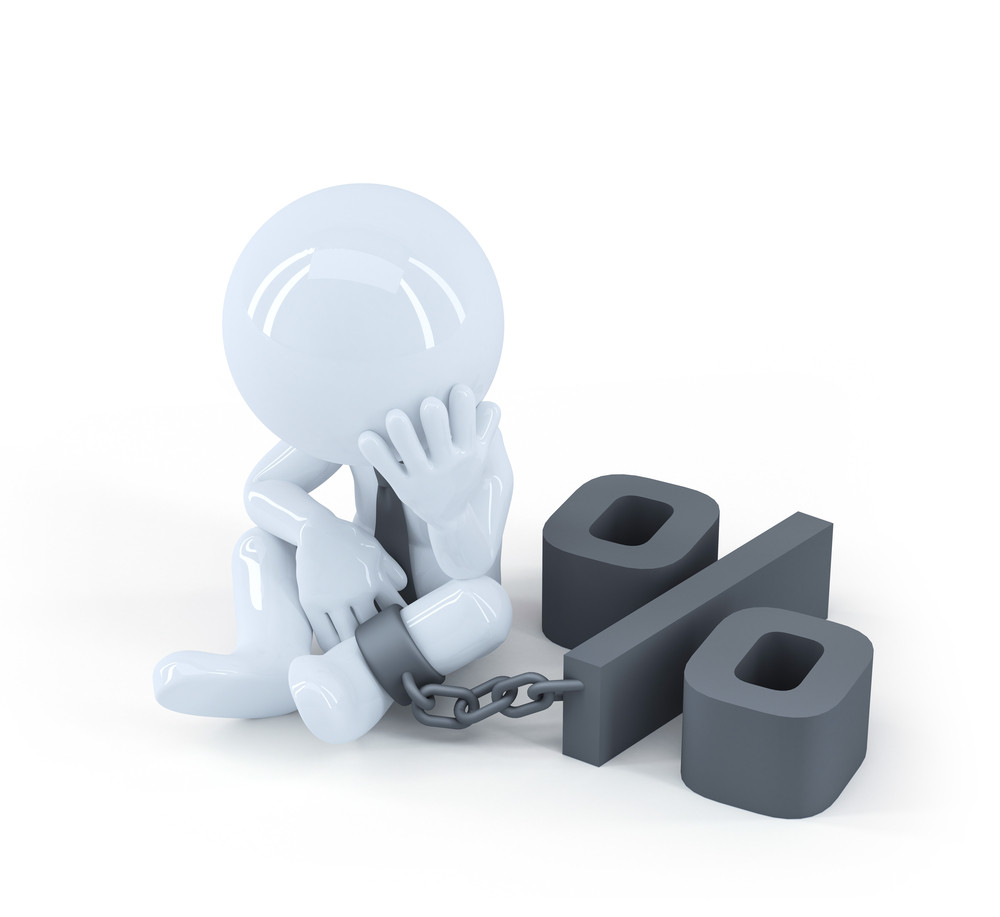What Does a Bail Bondsman Do?

A bail bondsman, also known as a bail bond agent or bail bondsperson, plays a crucial role in the criminal justice system by helping defendants secure their release from jail while they await trial. Their primary function is to provide bail bonds, which are financial guarantees to the court that the defendant will return for their court appearances. Here’s a closer look at what a local bail bondsman does.
1. Providing Financial Assistance
When a court sets bail for a defendant, the amount can often be substantial. Many defendants are unable to pay the full amount, and this is where bail bondsmen step in. They provide a surety bond, which means they pledge to pay the full bail amount if the defendant fails to appear in court. In return, the defendant (or someone on their behalf) pays the bondsman a non-refundable fee, typically about 10% of the total bail amount.
2. Assessment of Risk
Before agreeing to post bail for a defendant, a bail bondsman conducts a risk assessment to determine the likelihood of the defendant skipping bail. This assessment may include evaluating the defendant’s criminal history, community ties, family responsibilities, employment status, and overall character. Based on this assessment, the bondsman decides whether to provide the bail bond.
3. Securing Collateral
In addition to the fee, bail bondsmen often require collateral to secure the bond. This collateral can be in the form of property, vehicles, jewelry, or other valuable assets. The purpose of the collateral is to mitigate the risk faced by the bondsman. If the defendant fails to appear in court and the bond is forfeited, the bondsman can sell the collateral to recover the lost amount.

4. Legal Knowledge
A bail bondsman must have a thorough understanding of the legal system, particularly the bail process. They need to know the timelines for court appearances, the paperwork involved in securing a release, and the regulations governing the bail bond industry in their jurisdiction. This knowledge ensures that they operate within the law and provide accurate information to their clients.
5. Client Support and Communication
Bail bondsmen maintain regular communication with their clients—from the initial release from jail until the resolution of the case. They inform clients about court dates, legal requirements, and the conditions of the bail. They also offer support by explaining the often complex legal procedures and what is expected of the defendants to ensure compliance with the bail conditions.
6. Recovery and Enforcement
If a defendant fails to appear in court, it becomes the responsibility of the bail bondsman to locate and ensure the defendant’s return to custody. Some bail bondsmen employ the services of bounty hunters, who are specialized in tracking down and apprehending bail skippers. This aspect of the job requires knowledge of tracking techniques and often involves working closely with law enforcement.
7. Ethical Considerations
Being a bail bondsman requires adhering to ethical standards. This includes respecting the rights of the defendants, maintaining confidentiality, and conducting business in a manner that upholds the integrity of the bail bond system.
The role of a bail bondsman is multifaceted, combining elements of finance, risk assessment, law, and customer service. They are vital in providing defendants with the opportunity to maintain their responsibilities and prepare their defense outside of jail, ensuring that the principle of ‘innocent until proven guilty’ is upheld.
A bail bondsman, also known as a bail bond agent or bail bondsperson, plays a crucial role in the criminal justice system by helping defendants secure their release from jail while they await trial. Their primary function is to provide bail bonds, which are financial guarantees to the court that the defendant will return for…